Pakistan Freed A Rapist After He Agreed To Marry His Victim Who Had His Baby And People Want Justice
The woman is deaf and ended up giving birth to his baby.
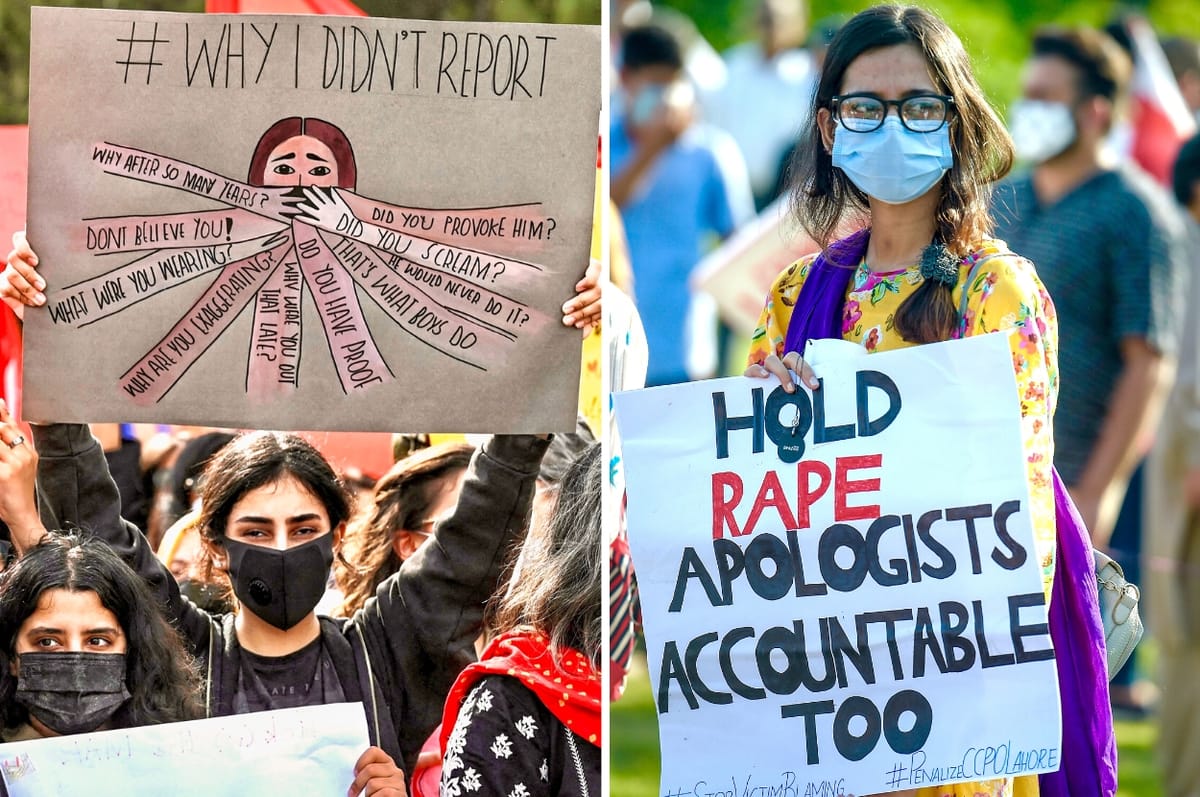
A court in Pakistan has caused outrage after it freed a convicted rapist after he agreed to marry his victim. The woman is deaf and ended up giving birth to his baby.
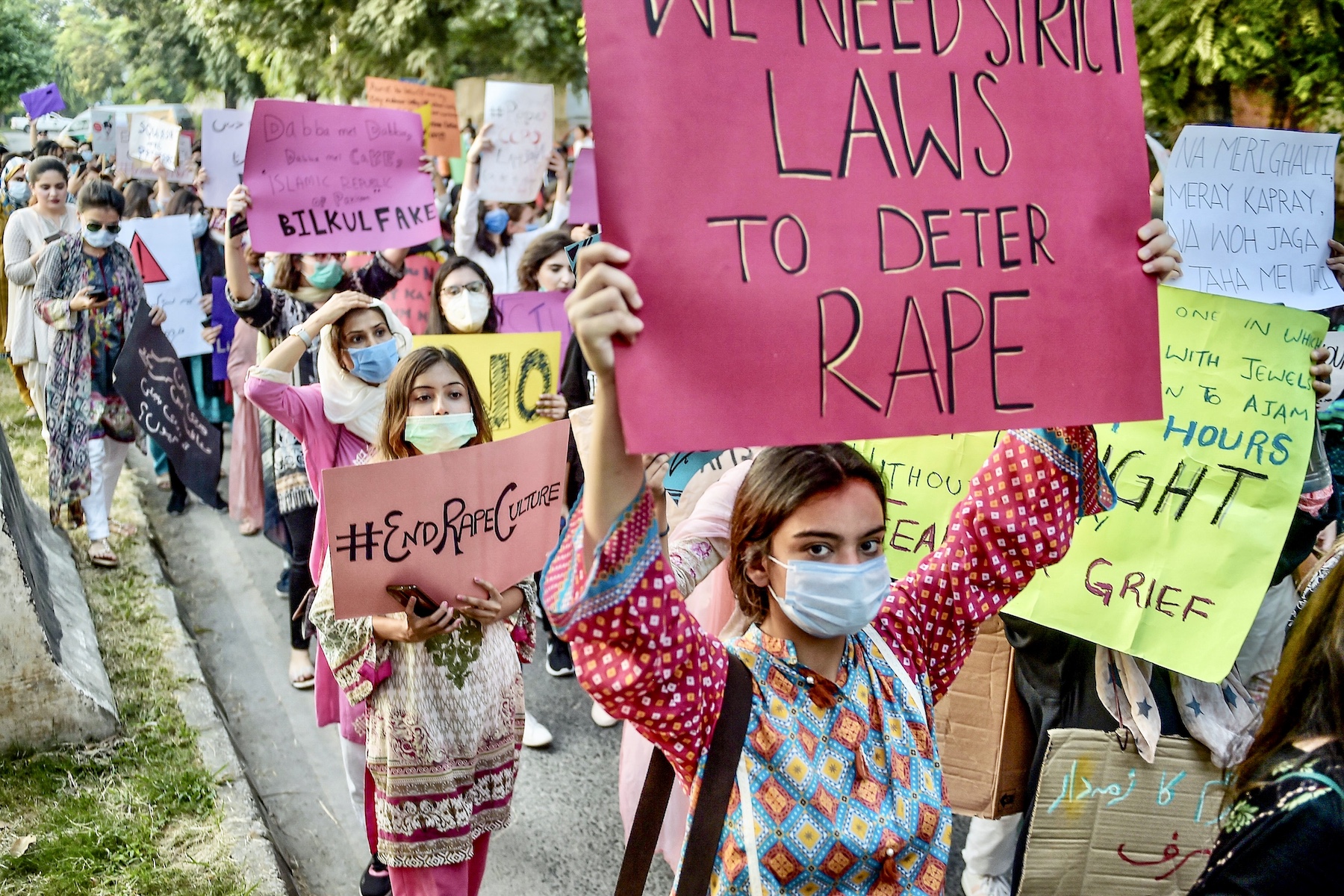
The 25-year-old man, Dawlat Khan, had been sentenced to life in prison in May 2022 for raping the woman in 2020.
Khan was freed on Dec. 29, 2022, after he and the victim’s family struck a deal outside the court with the intervention of a local council of elders.
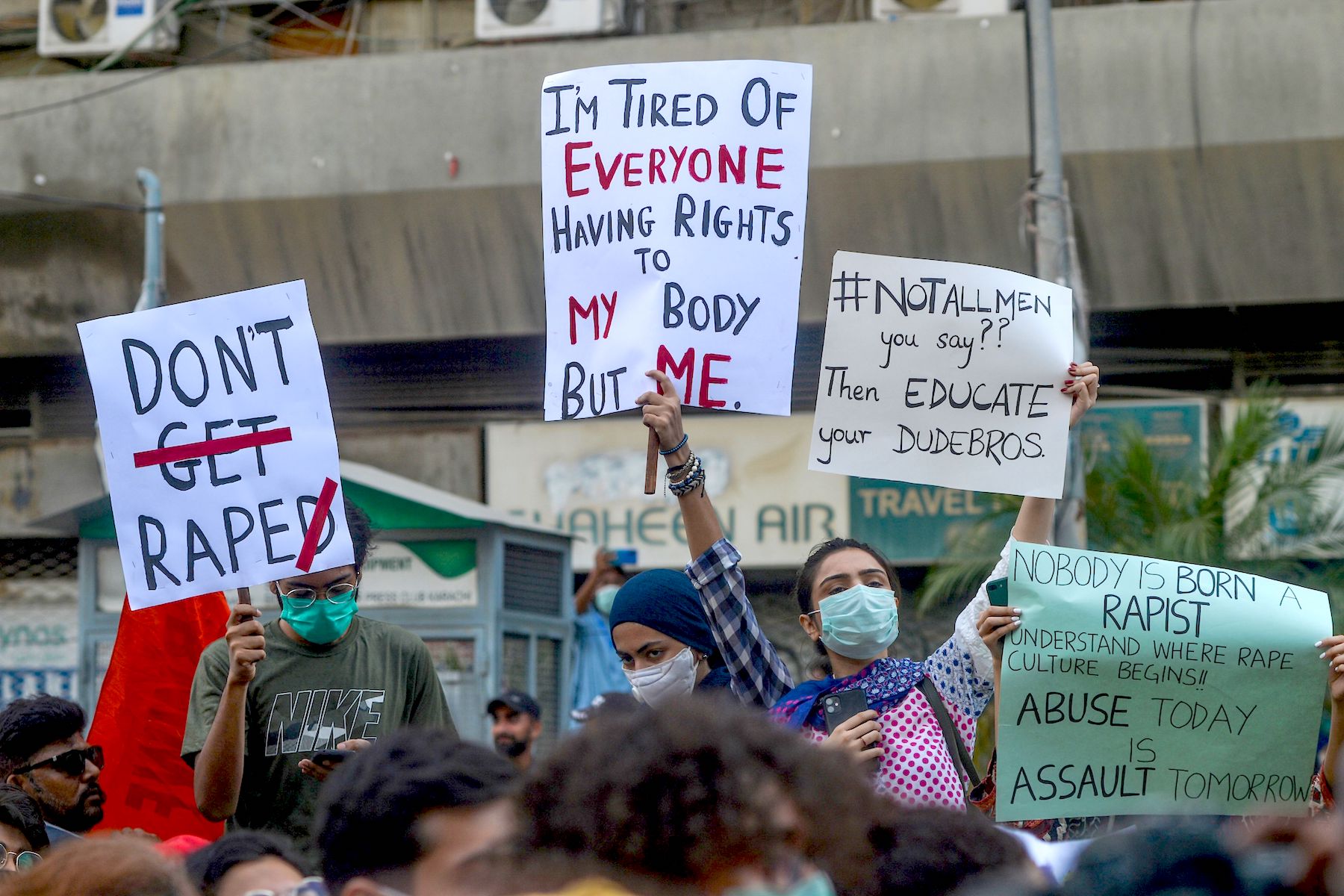
The court said the decision was “in the best interest of the child and his mother being a special person,” the Guardian reported.
The decision has been widely condemned for legitimizing violence against women.
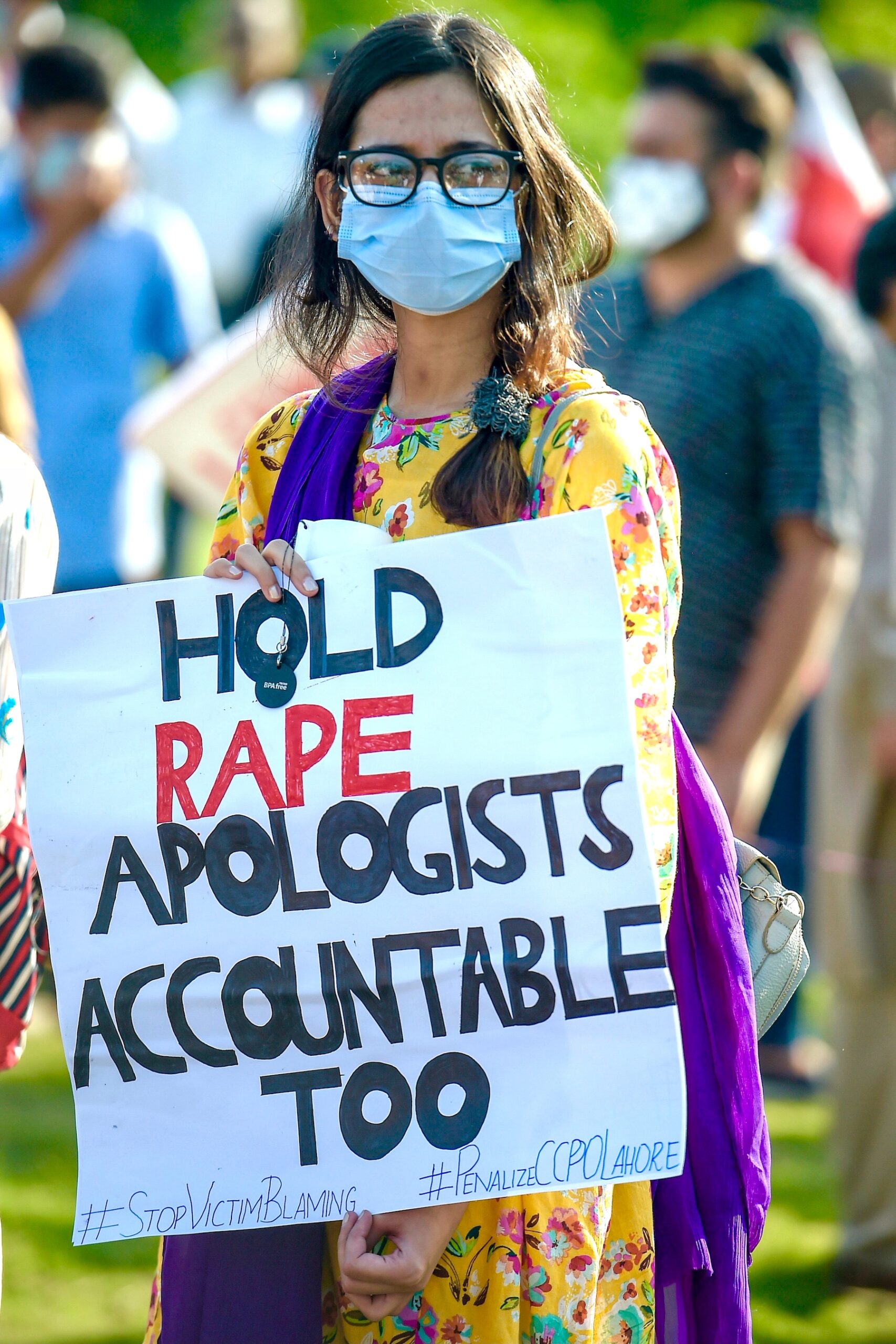
In Pakistan, fewer than 3% of sexual assault or rape cases result in a conviction, according to War Against Rape.
There were at least 845 incidents of sexual violence against women in the country in 2018, according to the Human Rights of Pakistan, which said that violence against women often goes unreported especially in rural areas, where poverty and stigma prevent victims from speaking out.
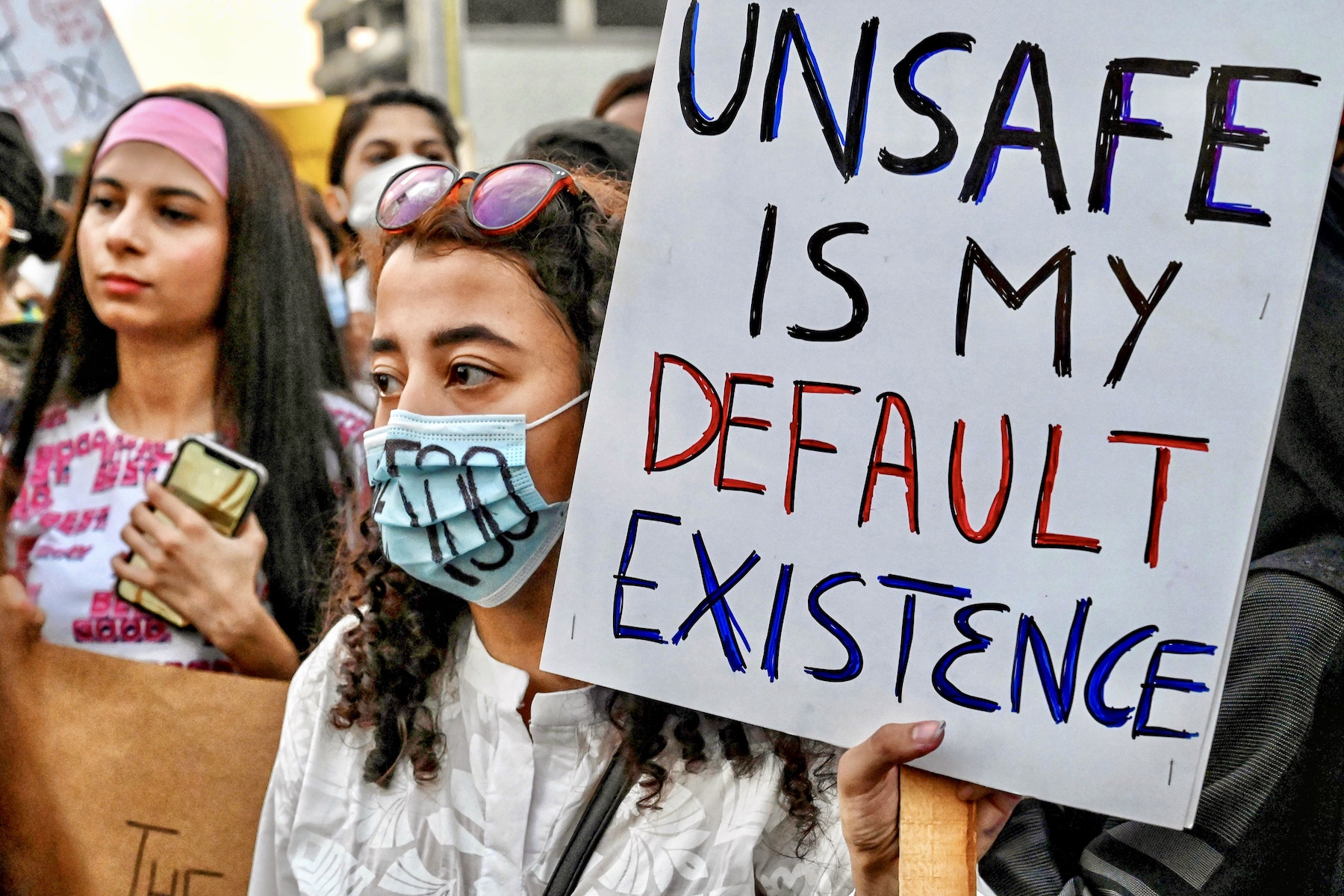
In November 2021, Pakistan passed a new anti-rape law sped up rape trials and toughen sentences.
The law had come after a woman was gang-raped in front of her children when her car broke down on the highway in Lahore in September 2020.
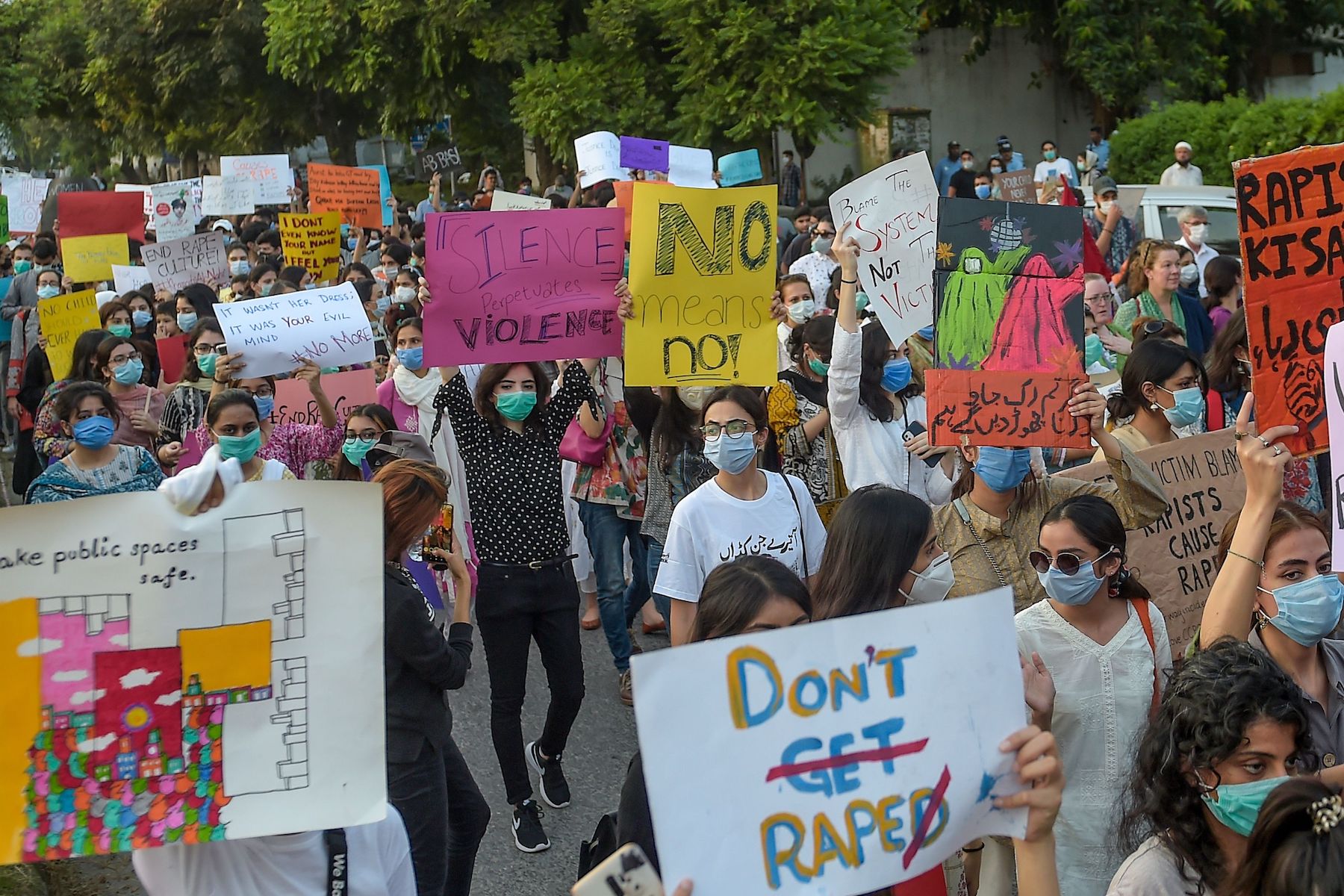
The case sparked nationwide outrage and protests after the lead investigator suggested the woman should have taken another highway and made sure she had enough fuel for the journey, Reuters reported.
Two men were arrested a month later, according to CNN.
The new anti-rape law created special fast track courts to try rape trials within four months and toughens sentences.
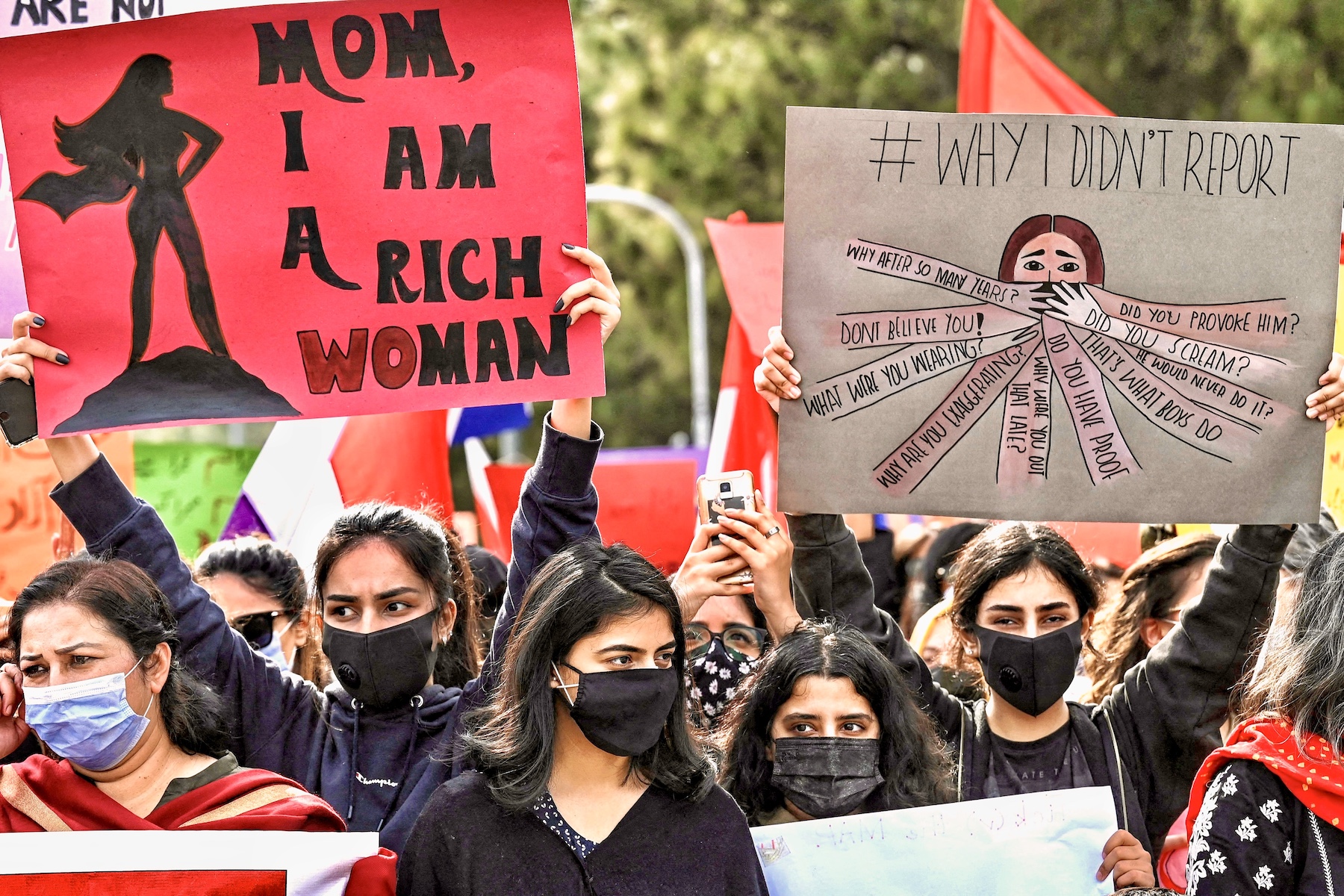
The law prohibits disclosing the identity of rape victims and establishes a national sex offenders registry and rape crisis cells for victims to undergo a specialist medical examination within six hours of reporting the incident, according to the Guardian.
Under the law, those convicted of gang rape could be sentenced to death or life in prison, and police officers could be imprisoned for three years for being negligent in investigating rape cases.
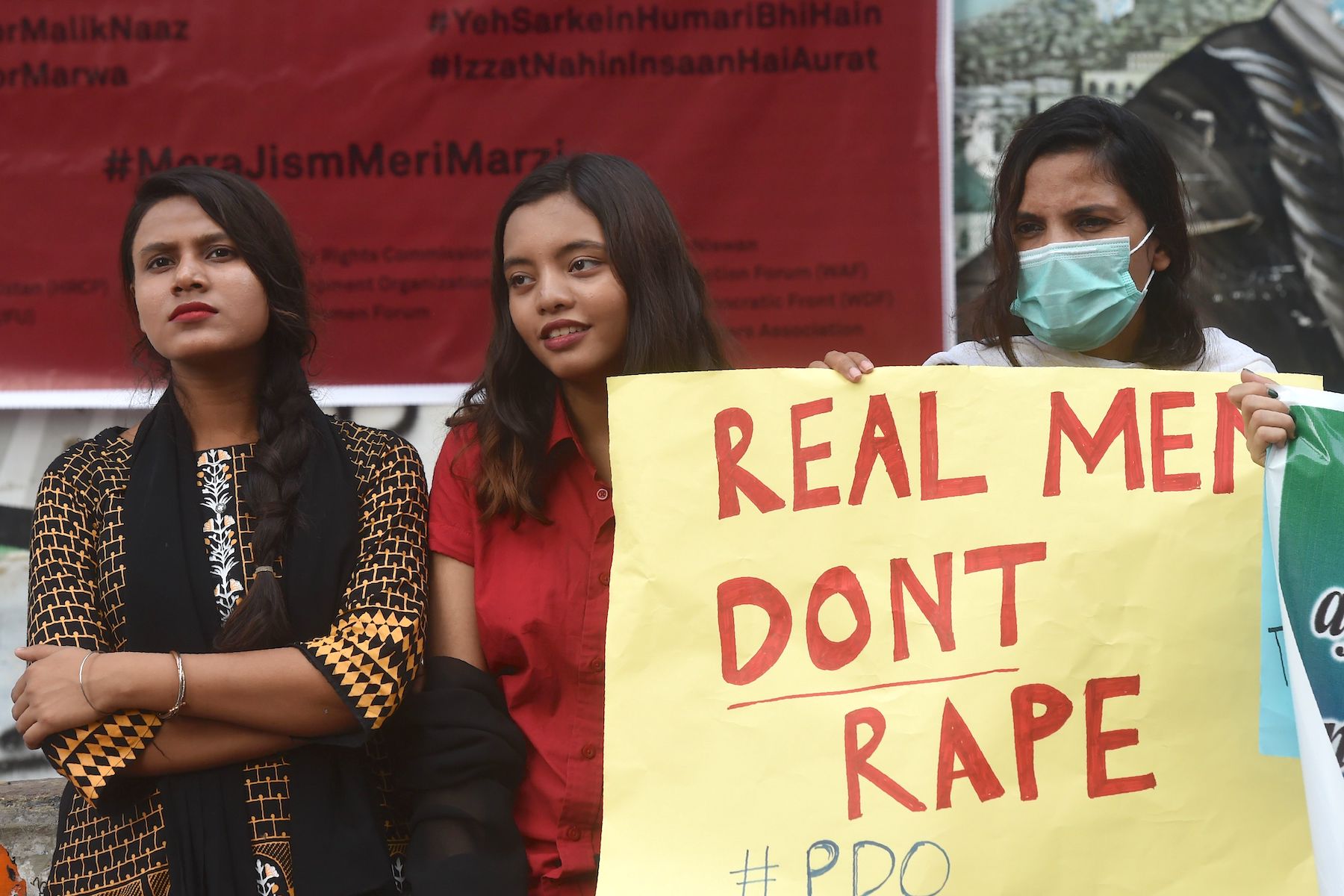
“The court has not only given precedence to the [local elder council’s] decision over that of the trial court, but also precedence over the laws and the constitution of Pakistan,” Usama Malik, a human rights lawyer, told the Guardian.
“While Pakistan’s women protection laws have been improved over the past two decades, the mindset of the judges applying these laws remains medieval. This decision is not just a slap in the face of women across the country but also against disabled people, and gives the message that their bodies can be bought for a price,” she added.





